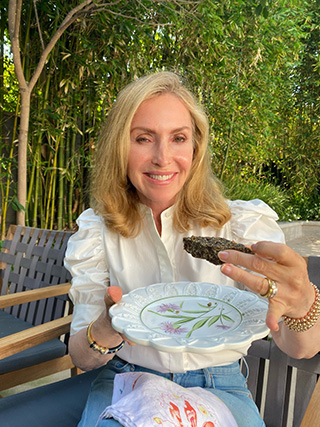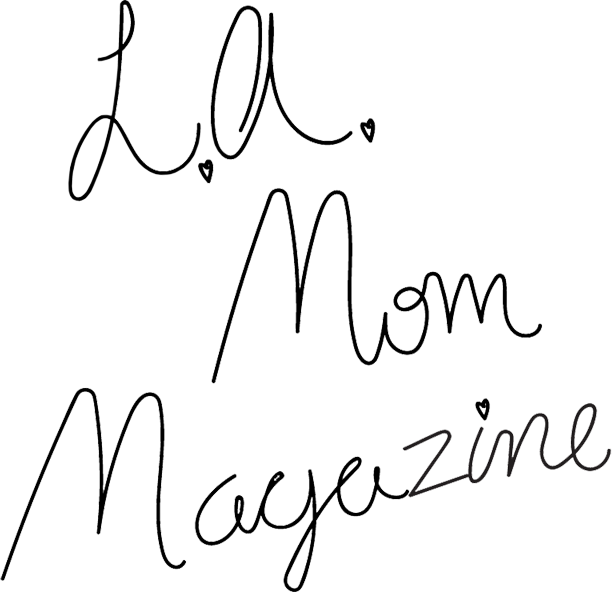By Lauren Rashap
 Yes, while the old school of nutrition taught us to eat every 3 hours and that breakfast “is the most important meal of the day”, new research proves to the contrary. We’ve all heard of Intermittent Fasting by now, but as I teach in my practice not one size fits all. Kids and athletes may benefit with some morning healthy carbs to start their engines. Moms may need to narrow their fasting windows depending on scheduling and stages of their hormonal cycles. Everybody is different.
Yes, while the old school of nutrition taught us to eat every 3 hours and that breakfast “is the most important meal of the day”, new research proves to the contrary. We’ve all heard of Intermittent Fasting by now, but as I teach in my practice not one size fits all. Kids and athletes may benefit with some morning healthy carbs to start their engines. Moms may need to narrow their fasting windows depending on scheduling and stages of their hormonal cycles. Everybody is different.
And, while I fundamentally believe in 2 square, balanced, nutrient dense meal per day with no snacking in between…sometimes we need that 3 PM pick up if we haven’t slept the night before due to dogs, children, stress and snoring husbands!
So, if you’re going to snack, the key is snacking strategically! Evaluate each and every ingredient you use in your snacks. I like sugar-free, keto like ingredients that promote blood sugar balance and my new fave, brain-derived neurotropic factor, aka BDNF!
BDNF is a naturally occurring protein in the brain that makes us smarter by repairing brain cells, growing new cells to improve memory, mood and learning. Some researchers consider BDNF a natural antidepressant!!!
After 18 months in Covid Country, we could all use a little mood booster, wouldn’t you agree?
Try increasing your intake of the following:
1. Curcumin
Curcumin is the most heavily researched compound found within turmeric, the spice that gives curry its yellow color.
2. Green Tea
You can either drink green tea on a regular basis or consider taking a supplement that includes a concentrated green tea extract.
3. Omega 3 Fatty Acids
They’ve been shown to improve mood, sleep, learning and memory, and protect against psychiatric disorders including depression, mild cognitive impairment, dementia and Alzheimer’s disease.
4. Resveratrol
Resveratrol is a beneficial antioxidant compound found in red wine. Cheers!
5. Prebiotics and Resistant Starch
Prebiotics are substances that humans can’t digest, so they pass through our gastrointestinal tract and promote the growth of many different strains of good bacteria in our lower bowel. If you haven’t tried my prebiotic potato salad, you’re missing out and so is your microbiome!
6. Magnesium
It’s one of the three nutrients that everyone should be taking for their brain, as most people are deficient. Magnesium comes in many forms, contact me to find out what’s right for you.
7. Dark Chocolate
The antioxidants in dark chocolate (not milk chocolate) by activating the BDNF survival pathway.
8. N-Acetyl-Cysteine (NAC)
NAC is a cheap amino acid and antioxidant.
Here’s my Matcha Latte Recipe to help increase BDNF in the brain and balance blood sugar at the same time. This is the same latte I feature in my cleanses and in yesterday’s corporate wellness workshop. Looking to maximize happiness and productivity in your workplace, schedule a zoominar with Lauren!
Ingredients:
- 1 scoop of green tea matcha or tea bag
- 1/4 cup almond milk
- 1 scoop vanilla collagen
- 1 tbs of chia seed
- Stir and enjoy!
Lauren Rashap is a Certified Clinical Nutritionist and Certified Yoga and Meditation Teacher. Visit http://www.laurenlivinghealthy.com for more information.
